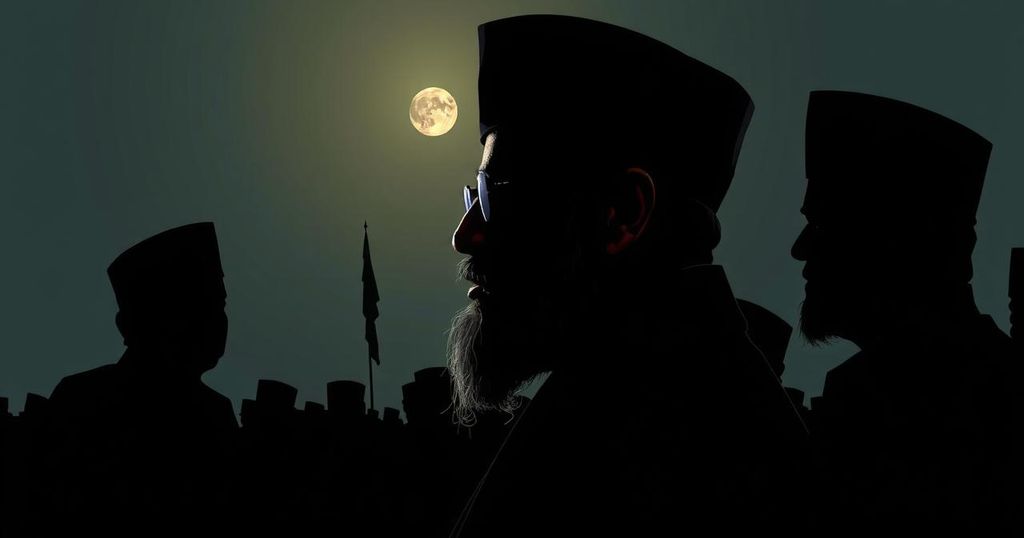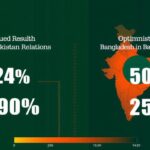Ex-Prime Minister Sheikh Hasina: A Diplomatic Challenge for India
NEW DELHI: In the wake of the recent political upheaval in Bangladesh, following the abrupt departure of former Prime Minister Sheikh Hasina during a student-led uprising, India finds itself grappling with an intricate diplomatic predicament. Analysts assert that Hasina’s exit has transformed her into a potential burden for India and its regional relationships.
Hasina’s extensive, authoritative tenure, which culminated last month, faced intense public dissent as demonstrators converged on her residence in Dhaka after a prolonged period marked by significant human rights violations and suppression of opposition. The students who orchestrated the protest are now vocally demanding her return from India, as they seek accountability for her alleged actions resulting in the loss of lives during the transition.
The implications of repatriating the 76-year-old leader are substantial, as this could jeopardize India’s diplomatic rapport with other South Asian nations amid its ongoing competitive posture against China. Thomas Kean, from the International Crisis Group, emphasizes that India is unlikely to consider extraditing Hasina back to Bangladesh, as this would reverberate negatively among neighboring leaders reliant on New Delhi’s support, potentially signaling a lack of protection for them as well.
The political fallout of Hasina’s removal has significantly impacted India’s position in the region, culminating in a loss of its most steadfast ally. The new climate of skepticism toward Indian involvement is poignant, particularly among those who faced persecution during Hasina’s regime. This sentiment has been exacerbated by the aggressive stance taken by Indian Prime Minister Narendra Modi, who has vocally supported the newly established government led by Nobel laureate Muhammad Yunus while simultaneously advocating for the protection of Bangladesh’s Hindu minority.
Critics of the Modi administration, such as Fakhrul Islam Alamgir from the Bangladesh Nationalist Party (BNP), contend that India has overly concentrated its support toward Hasina without formulating a strategy for recalibrating its diplomatic approach following her fall from power. Alamgir asserts that while the Bangladeshi populace seeks a constructive relationship with India, it should not come at the expense of national interests.
Moreover, the climate of mistrust was palpably evident when a recent disaster evoked accusations against India, reflecting irritation among Bangladeshis who believed India’s involvement intensified adverse outcomes. The interim government in Bangladesh has not officially broached the topic of Hasina’s asylum in India, although it has since revoked her diplomatic passport, effectively restricting her mobility.
India and Bangladesh have an extradition treaty in place since 2013, yet the treaty allows for a denial of extradition should there be allegations of a political nature associated with the criminal charges. Pinak Ranjan Chakravarty, a former Indian ambassador to Bangladesh, opines that maintaining a constructive relationship with Dhaka is paramount, suggesting that the Bangladeshi government should refrain from complicating matters regarding Hasina’s presence in India, as such actions are unlikely to yield advantageous outcomes.
In conclusion, India is situated at a critical juncture where the stakes of its diplomatic maneuvers are exceedingly high. The balancing act of addressing the demands from Bangladesh while ensuring regional stability amidst its rivalry with China poses a considerable challenge that will necessitate astute strategic consideration.








Post Comment